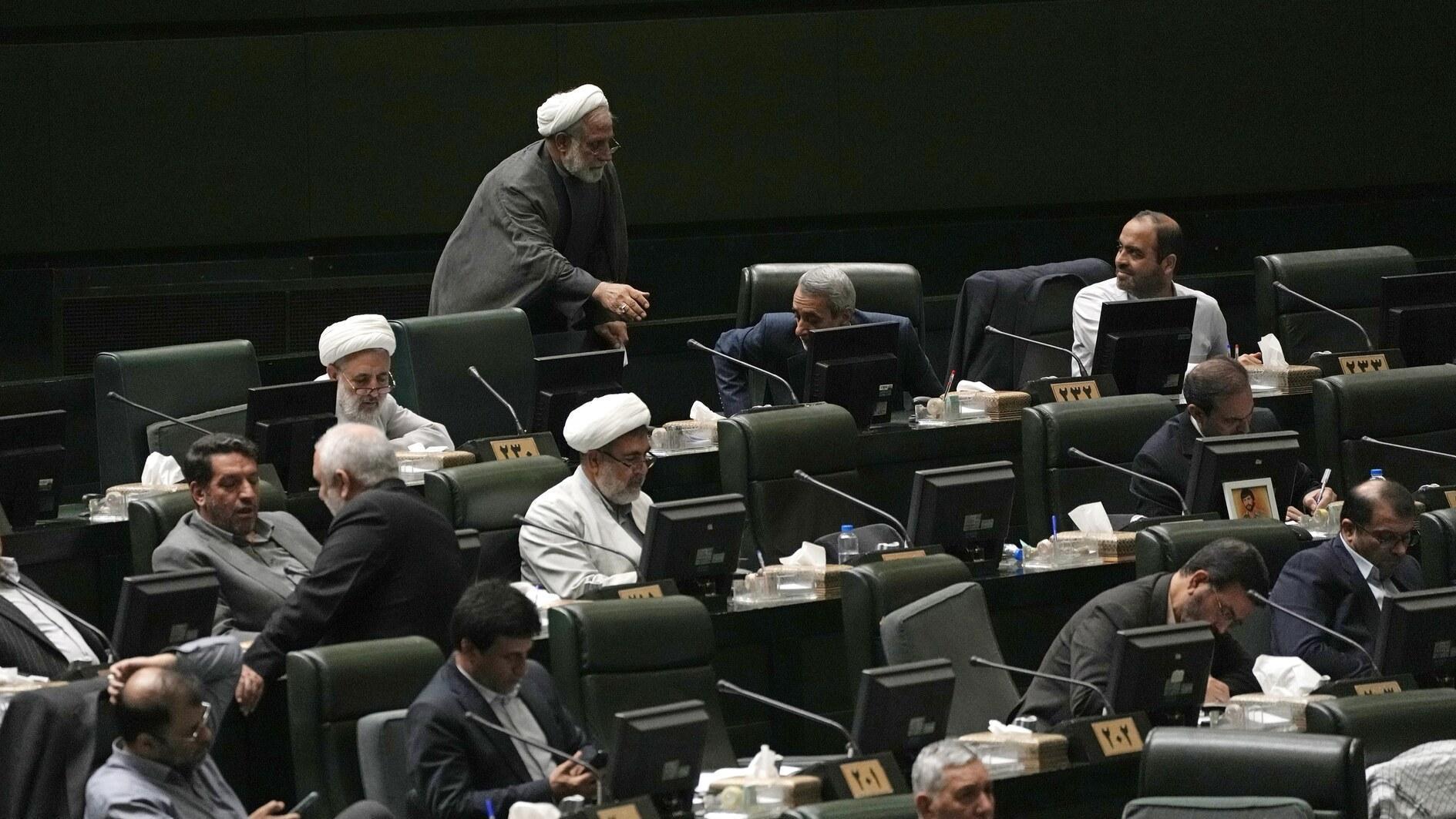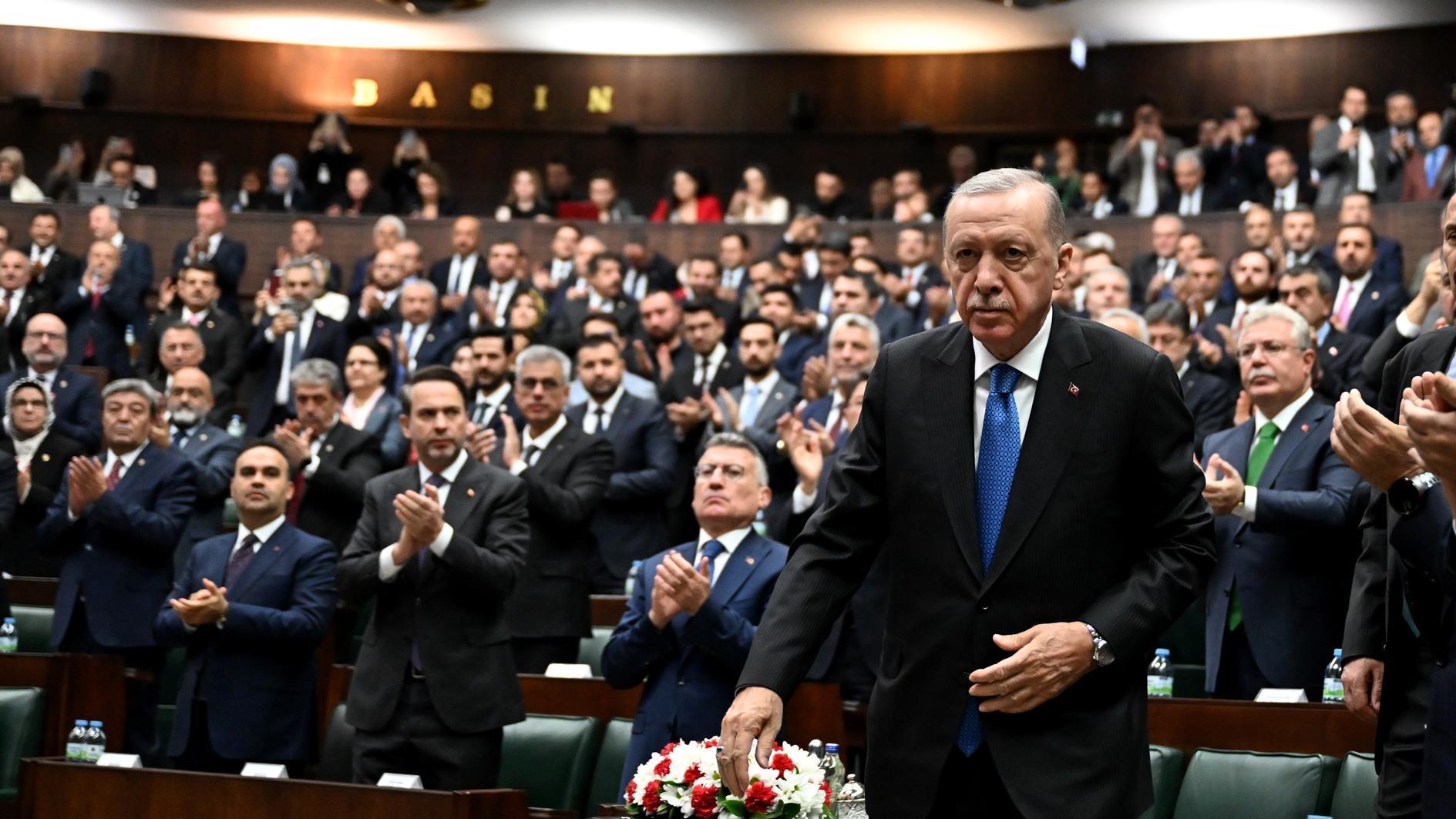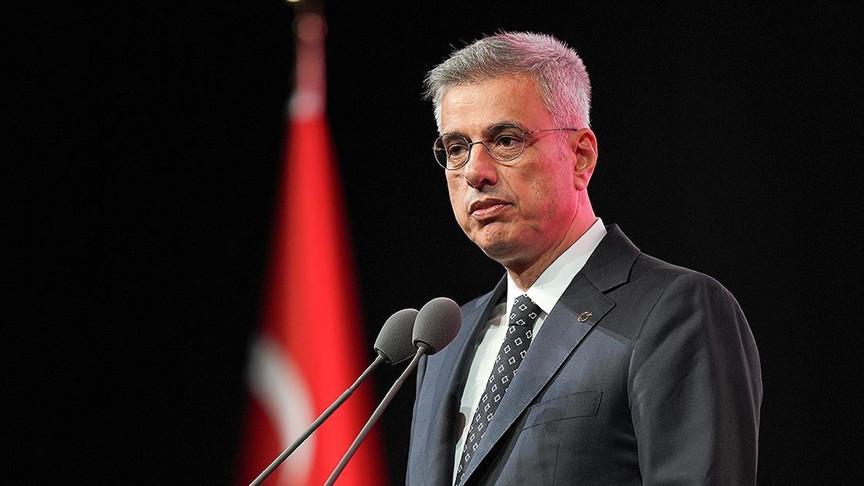How can most Alevis vote for the CHP?
Prime Minister Ahmet Davutoğlu, among all other things that should surprise him – such as how a bunch of jihadist murderers control half the land of your country’s two southern neighbors – is baffled by a very simple question.
“[Main opposition leader Kemal] Kılıçdaroğlu tells me to find out who were behind the Maraş and Madımak incidents," he said. "The Republican People’s Party [CHP] was the ruling party when Kahramanmaraş happened; the Social Democratic People’s Party [SHP] was a coalition partner. Why didn’t you do anything? I have always been baffled about how Alevis could support the CHP after all those things happened.”
Well, I am not in a position to speak on behalf of the Alevis who support the CHP, but a few reasons come to my mind.
First thing's first: The CHP, despite being the ruling party, failed to capture the perpetrators of the Maraş Massacre, in which hundreds of Alevis were killed by right-wing militants in Kahramanmaraş in 1978. In addition, the SHP, whose leader held the deputy prime minister’s post at the time, should have been able to stop the killing of 35 people in Sivas on July 2, 1993 by Muslim fundamentalists. Those failures took their toll among Alevi voters, as well as leftist voters.
So, why do the majority of Alevi voters in Turkey still prefer the CHP over the ruling Justice and Development Party (AKP)? One reason is obvious: More than 20 lawyers of the perpetrators of the Sivas Massacre have held significant posts in the AKP, including former state minister Hayati Yazıcı and many other deputies.
In 2012, the ruling AKP rejected a proposal by the CHP to remove the statute of limitations for the remaining massacre suspects, paving the way for the closure of the case.
The AKP is also a staunch defender of the mandatory religious classes in Turkey, arguing that “drugs, violence and racism would spread among the youth” if those classes are abolished. Davutoğlu argues that the mandatory religion courses classes prevent radicalization, while the CHP's agenda includes their abolition, which is one of the main demands of the Alevi community because the classes serve as a tool of the Sunni indoctrination of children.
The AKP is also against the official recognition of Cemevis as places of worship, another fundamental demand by the Alevis that is supported by the CHP.
The AKP has been chewing an “Alevi initiative” gum for some years now, arguing that it will give more rights to the community. But while many fundamental reforms, including the freedom of wearing headscarf for public workers and students as young as 10-years-old, or a complete overhaul of the education system allowing the re-opening of secondary sections of imam-hatip schools, have previously been realized in days without any consultation with the public, the so-called "Alevi initiative" has brought nothing more than a few workshops and meetings with the community’s leaders.
Maybe many Alevis will vote for the opposition because there is not a single Alevi governor appointed to any of Turkey’s 81 provinces, although the AKP has been ruling the country for 12 years.
Maybe the reason Alevis have sympathy for the CHP is the fact that the opposition party leader does not say, “You know, he is Alevi” in political rallies, with “he” referring to another politician, and then pausing for a moment to “boo” that politician for being an Alevi.
Maybe the majority of Alevis understand broad rights and freedoms for everyone, not just for pious Muslims as the AKP does, and therefore do not vote for the AKP’s policies.
According to Alevi beliefs, every life and creature is sacred, so it is not strange that they do not support the AKP’s development plans at the expense of destroying nature and every single piece of green land in major cities.
Maybe the Alevi community is questioning why all the young people killed by police during the Gezi protests in 2013 were Alevis, while the ruling party labeled the protestors as coup-seeking vandals.
You cannot not insult, discriminate against, kill, ignore a group of people, delay their demands with meaningless and pointless excuses, and then apply for their political support.
Your party needs a fundamental change of mentality in its approach to Alevis, Mr. Davutoğlu, but unfortunately, this seems highly unlikely given the political background of your party cadres. So, you will continue to be baffled.











